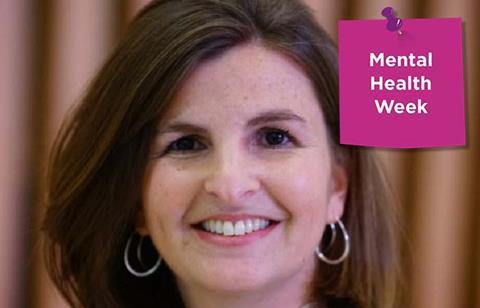
Jonny Benjamin MBE unintentionally hit the headlines in 2014 when, together with the charity Rethink Mental Illness, he launched a social media campaign called ‘Find Mike’. The goal was to find the stranger who had saved him when he attempted to take his own life in 2008.
On finding Mike, actually called Neil Laybourn, the two of them went on to campaign to raise awareness of suicide and mental illness. Many people heard about this incredible story and as a result, workplaces opened their doors to them, feeling that a well-known story would attract the crowds for an otherwise difficult subject to tackle in the workplace.
The openness of someone like Benjamin has given hope and encouragement to thousands of people. At the most recent This Can Happen workplace mental health conference in November 2019, former Spice Girl Mel B bravely spoke about her own mental health in the wake of domestic abuse. Would the conference have generated a room of 950 people to discuss this taboo subject if she had not been on the panel? I doubt it.
That is the power of a high-profile figure. When a chief executive officer from a top City organisation openly declares his mental health struggles and invites his staff to speak openly about theirs too, the lines of communication open in a way that did not exist before.
Paul Feeney, chief executive officer of financial services firm Quilter, did exactly that, openly stating that he felt ‘mental health is the City’s last great taboo’.
Are high-profile figures the only way to make an impact in the workplace? Absolutely not. Are ‘ordinary’ people any less powerful? No. In fact, there is an argument that high-profile figures are not relatable enough, and that senior figures have nothing to lose by being open with their mental health in comparison with those just beginning their workplace journey.
Nevertheless, storytelling, whether through a high-profile speaker, a blog, a podcast or anything that fits in with the culture of the workplace, is essential to breaking down the barriers to employee mental health.
Zoe Sinclair is co-founder of This Can Happen



























